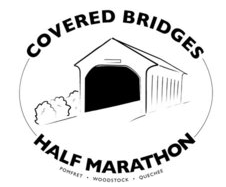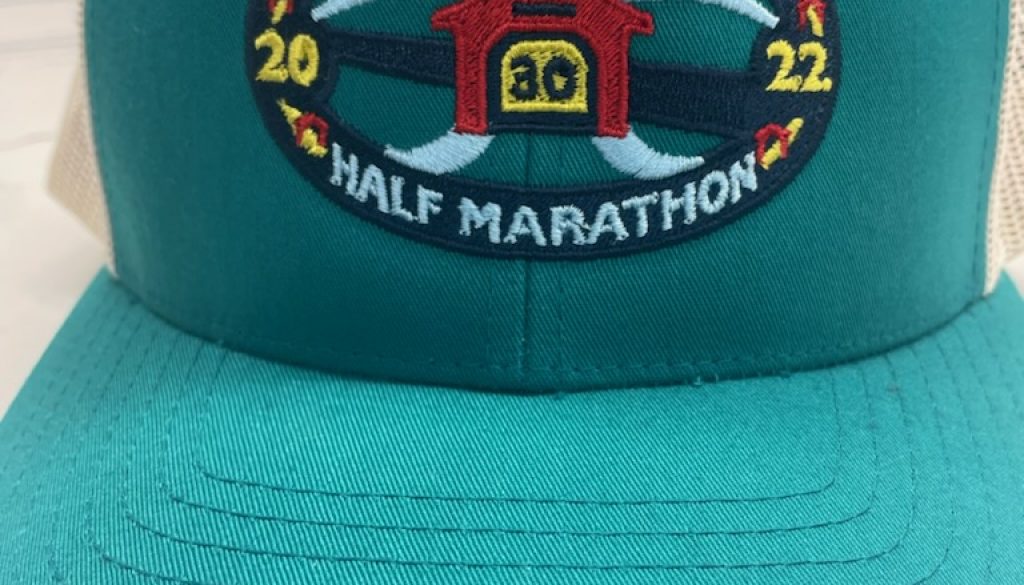CBHM-7 Weeks Away
**Still Looking to Run with us June 5th?**
Our Non-Profit Partners have a few spots open
if you’d like to become a fundraiser for them.
And speaking of running
How are your long runs going. Are you up to 7 miles? You can get some training tips from our Race Training Page
Let’s talk Hydration

Do you feel tired during the late stages of your long runs?
Do you feel drained of energy and sluggish when you are running?
Are you reaching your full potential?
Whether you are a novice runner attempting your first half marathon or an experienced runner aiming to run your personal best we all must make good choices with regard to staying hydrated during our runs.
This is not as easy as it sounds, and many factors such as humidity, sunshine/shade, distances/ hills, intensity, type of fluids (water, Gatorade) all play a role in the amount of fluid you should consider and plan for.
For the average runner who is running no more than 4 miles at time, hydration is generally not a big issue except perhaps on days that are overly humid or temps perhaps tipping the thermometer into the 90’s.
The need for hydration really comes into play when we start running long runs.
Check out these easy tips.
FLUID MANAGEMENT
What is the appropriate fluid intake:
For many, the principle of taking in at least 64 oz or 8 glasses of fluid a day is an easy way to remember how much fluid we need.
However keep in mind that this philosophy can be a bit misleading. The true amount of fluid intake for athletes depends on how much fluid we are losing or sweating out, and this will certainly vary depending on our activities or sports.
It is important to remember that the amount of fluids we consume in a day includes all fluids (those in foods, not just water) and this should be factored into our thinking. Also, caffeinated beverages are diuretics, meaning they cause a net loss of fluid (increasing urination).
Consider a nice glass of water versus the third cup of coffee
Fluid intake before running:
Athletes should drink fluids starting several hours before they run. Your system can only absorb a certain amount of fluid each hour, so drinking excessive amounts just prior to a run will only result in the need to urinate the excess.
Replace fluids frequently as needed:
The more you sweat, the more you will need to replace fluids during your run. This means starting to replace fluids prior to feeling thirsty in order to avoid dehydration and declining performance. For many this may also include using some sports drinks such as Powerade or Gatorade which help replace sodium and electrolytes that are lost when we sweat excessively.
As a general rule, if you are exercising at a high intensity or for greater than one hour you will likely benefit from fluids that contain these supplements, whereas they are not necessary for shorter or less intense workouts.
Weather conditions:
Hot and humid weather will adversely affect how much we sweat and lose fluids. When performing in these conditions you will need to consider additional fluid intake to offset the increasing loss in fluids.
Consequences of poor hydration:
A lack of proper hydration can produce or lead to muscle cramping and dizziness. Without proper hydration you will lose concentration, and fatigue more quickly resulting in poorer physical performance.
This loss of concentration and performance starts to occur at low levels as soon as you begin to get dehydrated, not just in severe cases of dehydration.
Bottom line -How to monitor your fluids:
● Pre- running Tip:
If you’re concerned about how much water you should be consuming, use the pee test. Prior to running , your urine should be light yellow, or like the color of weak lemonade. If it is a deep yellow, you need to drink more water. It’s that simple. Try to consistently keep that light color throughout the day.
● Remember-Do not wait until you feel thirsty, as this is an unreliable method to determine hydration:
At this point you are already partially dehydrated. Try to keep steadily drinking throughout the day and throughout your event.
● Measurement: Try weighing yourself before and after exercise.
If you lose body weight during exercise, that loss should be
replaced by an equivalent amount of water consumption (two 8oz glasses per pound of weight lost) over time.
Here is a link to additional information that may find helpful for more information:
Mayo Clinic position statement on Hydration: http://www.mayoclinic.com/
(This was originally posted for our virtual race in 2021.)
Race Reminders
We DO NOT offer refunds, BIB are NOT Transferable,
Registration CANNOT be Deferred.
Running Parking Lot-Sunday
Opens at 5:45 AM
Closes at 6:30 AM
YOU MUST BE IN THE LOT BEFORE 7 AM to catch the last bus.
Spectator Lot Sunday
Open 8 AM-10 AM
There is NO PARKING at the Taftsville Bridge.
RunNation Film Festival
For our local runners-Lebanon Opera House Presents RunNation Film Festival Saturday, April 23 at 6:30 p.m.
TICKETS

Program includes an introduction by Ben True, professional runner for ASICS, and Sarah Goff True, two-time Olympian and Ironman triathlete.
RunNation is the only festival dedicated to showcasing inspirational running films from around the world but it’s more than just tracks and trails, roads and ultras. These short films feature human-interest stories that will inspire runners and non-runners alike to lace up their sneakers and get moving!
This year’s edition features two hours of captivating, heart-pounding films shot on location in New York, New Zealand, and beyond. You won’t break a sweat, but you may wipe away a tear.
This general admission event is appropriate for all ages — everyone is welcome!
Co-sponsored by Finding Our Stride, Upper Valley Trails Alliance, and Upper Valley Running Club


